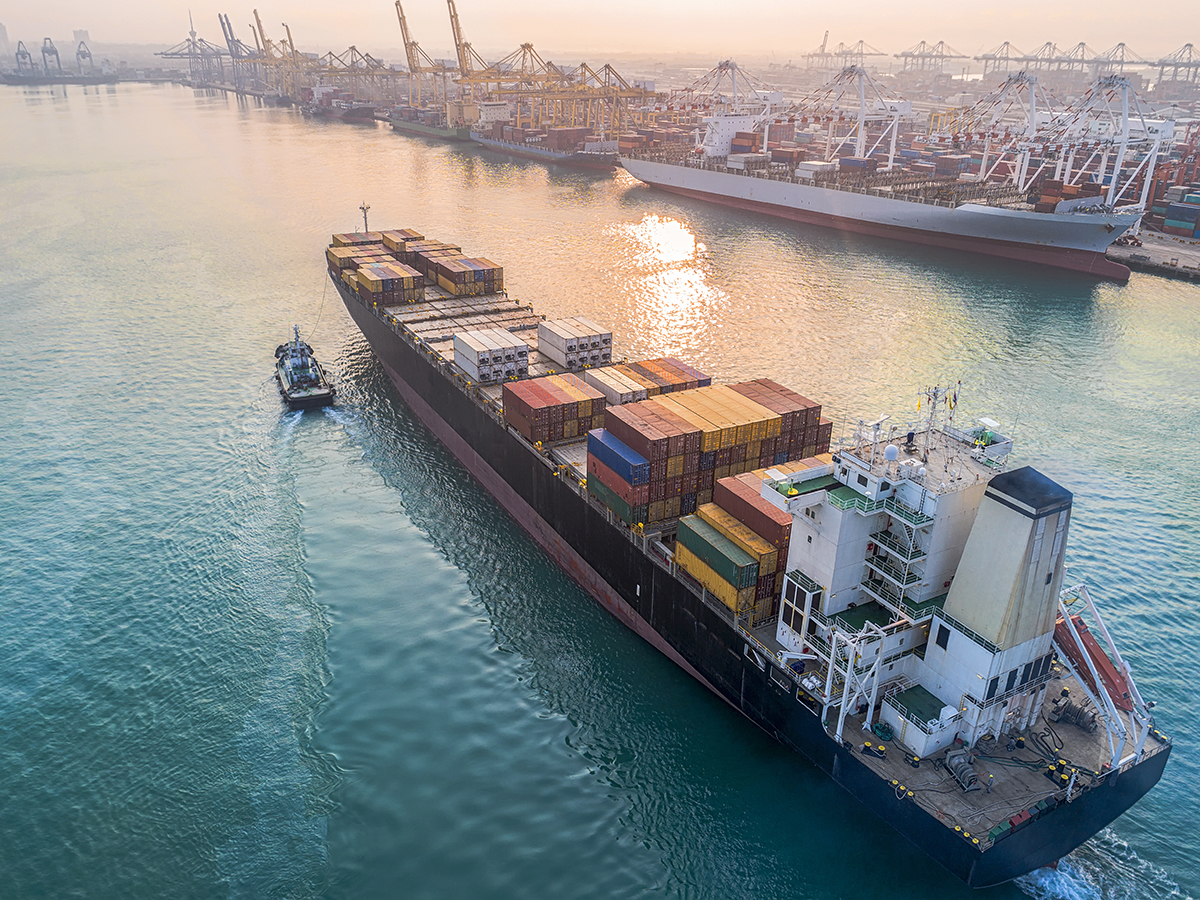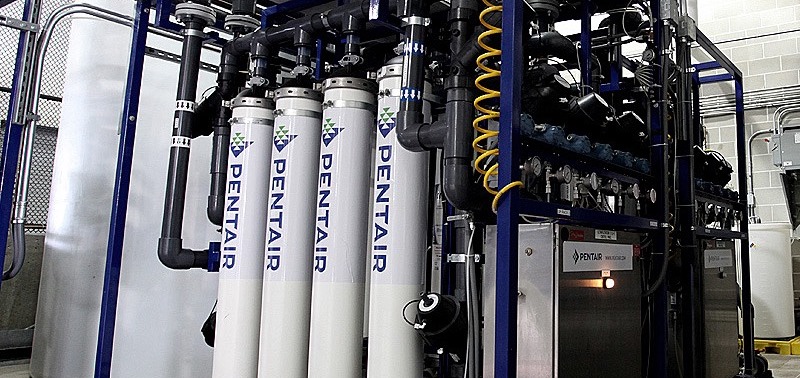When you hear the word “sustainable,” you likely consider environmentally friendly actions that come with a reduced carbon footprint. It’s true; there are many ways the environment will benefit if distributors move toward making our supply chains sustainable. But doing so will also improve your business by reducing costs, improving efficiency and increasing your competitiveness in the market.
Reduce Costs
Sustainability and eco-friendliness are often associated with a hefty price tag, but it doesn’t have to be that way. How can going sustainable save you money?
First, through reduced consumption of energy. At home, you might turn off the faucet while you brush your teeth, turn off the lights when you leave a room, or pay a little more for energy-efficient light bulbs that last a lot longer. Your outlook for your business should be no different. By saving energy or using more sustainable energy sources during the transportation, storage or packaging phases, distributors are going to save money in the short-term and the long-term. This can mean everything from water and electricity usage to eliminating wasted time and inventory in your warehouses. You can save money by simply analyzing your current processes for where you can implement better practices to save resource consumption.
Another easy way to save is through reusable packaging. The benefits of this are immediately apparent: Spend a little more in the short term to save a lot in the long term. Reusable packaging is not only cheaper in the long run, but it also uses less energy and even performs better than traditional single-use packaging.
Improve Efficiency
A big part of the distribution business is maintaining relationships. When you’re dealing with something as complicated as connecting manufacturers, retailers and consumers all over the world, you need to have a solid relationship with people throughout the process. Sustainability can be another way you can improve and strengthen those relationships. Sustainability doesn’t just involve doing things that are safer for the Earth. It also means looking at the social impact where you do business. For distributors, this often means examining labor practices at the warehouses where goods are stored and transported from.
Improving labor practices at your facilities can have a great impact on your business. On the supply side, putting workplace improvement programs into place can greatly improve the relationship between workers and management, which in turn improves labor productivity, according to a BSR report. These programs can range from health initiatives to training opportunities.
Increase Competitiveness
Sustainability is in the public consciousness in a major way. When consumers communicate that they care about an issue enough to boycott companies they feel don’t align with their values, those companies take notice. When it comes to sustainability, companies across the board are going eco-friendly and sustainable.
What this means for you as a distributor is that your retailers are likely feeling the pressure from their customers to do better environmentally, and may already be taking steps to show that they are embracing sustainability. By making your distribution more sustainable, and advertising that to retailers, you’ll stand out among the competition.
An exciting way that this could develop in the future is through blockchain technology. One application is to use it to verify that manufacturers are following sustainability best practices. Companies could use this technology to provide verification that they are sourcing from certified organic farms, complying with fair trade practices, etc. You can also use it to your advantage on the supply side. Where are you sourcing your products from? Are your suppliers implementing sustainable practices? You can gain a competitive edge by showing that your company cares about sustainability from beginning to end.
We are long past the days of “early adopters” of sustainable practices. The good news is that widespread adoption has lowered prices, but the bad news is that you have some catching up to do if you haven’t started. Companies in all industries are taking a serious look at how they’re going to improve their sustainability practices going forward. This leaves us with an important question: What sustainable action are you going to take this year?
Jake Rheude is director of marketing for Red Stag Fulfillment, an e-commerce fulfillment warehouse.
Related Posts
-
There are key responses distributors can take to address issues that arise from blindly following…
-
Pilla will be responsible for supply chain operations and performance and will report to John…
-
Caldwell Hart will be responsible for strategic procurement, operational purchasing and related services, reporting directly…



